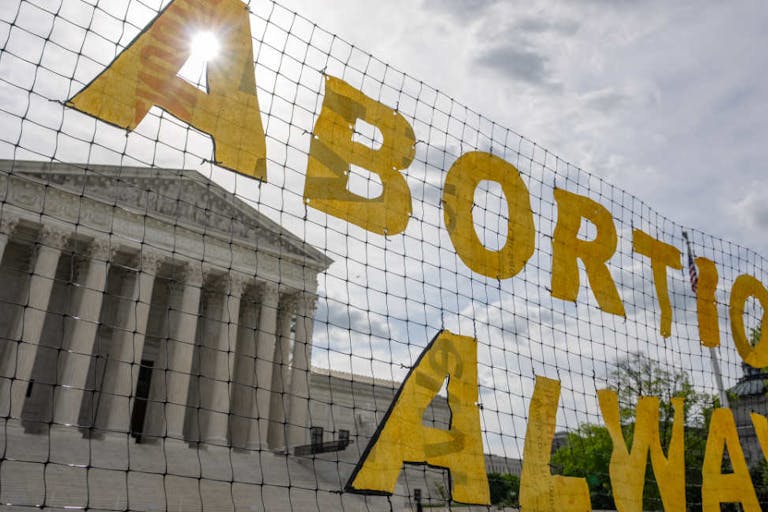
A growing number of Americans call themselves ‘pro-choice’ – but what’s really behind it?
Nancy Flanders
·
Life of the Week: Linda Couri, former Planned Parenthood social worker, shares the ‘inconvenient truth’ of abortion
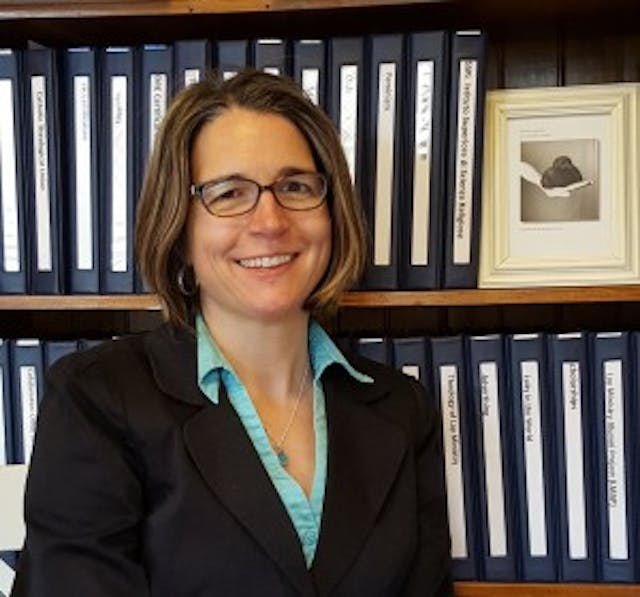
Pro-life activist Linda Couri’s first experience with Planned Parenthood was a lot like that of many young women. She turned to her local Planned Parenthood for her first gynecological exam, and it continued to be her clinic of choice for check-ups. The staff members at Planned Parenthood were always kind and professional towards her, and they became the first women Couri would entrust with her health.
That’s why, as she attended college to become a social worker, Couri chose Planned Parenthood as the non-profit at which she would volunteer. And it’s also why, when she earned her degree as a Licensed Clinical Social Worker (LCSW), Couri jumped at the chance to work at PP.
“I believed so much in the mission of Planned Parenthood,” says Couri. “Because I was an LCSW and working with clients, I saw a lot of their issues, sexual issues. I felt Planned Parenthood was dealing with these issues and I decided ethically that I should take a pay cut to go work for them.”
As an LCSW, every so often, Couri would get called on to counsel women and girls regarding abortion. It was a normal part of her job and as a person who believed women should be able to choose abortion, going over that option wasn’t vexing to her. Then one day things changed.
“A beautiful 16-year-old girl had just found out she was pregnant,” Couri explains. “We sit in a room and we discuss options.”
The first option is to go through with the pregnancy and have the baby. Couri told the girl that this would be difficult, but that Planned Parenthood would be there to help her with their prenatal clinic.
The second option is to have the baby and place the baby for adoption. If the girl chose this, she would receive the prenatal services and also be helped with adoption services.
The final option is abortion.
“It’s important for people to know that in my heart I really believed abortion was the best option for her,” says Couri. “Abortion was going to take care of her problem.”
But then the girl did something unexpected.
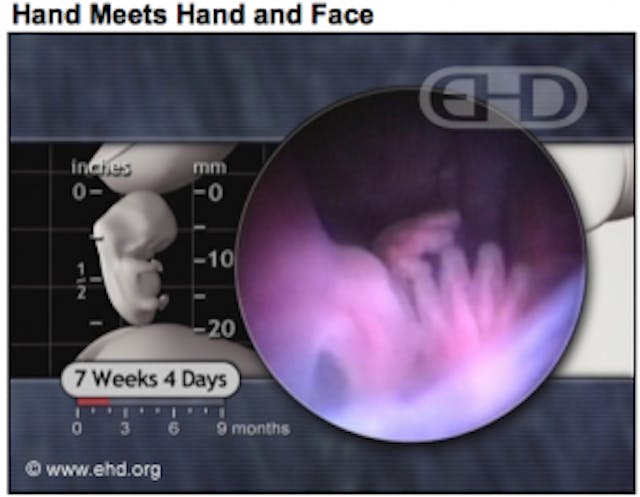
“She reached out and touched me on the arm,” recalls Couri. “She said, ‘Can you just tell me one thing? If I have an abortion, am I killing my baby?’”
Couri, who was firm in her pro-choice beliefs and had herself had an abortion, says that no matter how pro-choice she considered herself to be, she never wondered when a preborn human is a baby and when it’s not.
“It’s always a baby,” she says. “I could never say it wasn’t killing a baby. That’s dumb to me. [Abortion] was a necessary evil.”
Aware that she was ethically and morally bound to tell the truth, but stunned by the girl’s question, Couri admits to evading it by responding, “Baby is really a loaded word and so is kill. The procedure will be terminating the products of conception.”
That girl scheduled an abortion, and Couri headed straight to her supervisor. The two of them talked it out and talked each other into the righteousness of continuing what they were doing. They convinced themselves that this young girl was going to have a better life because of the abortion despite the fact that, yes, she would be killing the life inside her.
While she walked away from the conversation satisfied that she and Planned Parenthood were doing the right thing, something still didn’t sit right with Couri. Then came another life-changing incidence.
A nurse, whom Couri calls one of the “sweetest women” she has ever known, came to her crying. She told Couri that she had seen the tiny hand of an aborted first trimester baby. It was obvious that, despite having participated in abortions before, this experience was having a strong emotional effect on her. The two women sat together, comforting each other and encouraging each other that their work was good. But still, Couri had that lingering doubt.
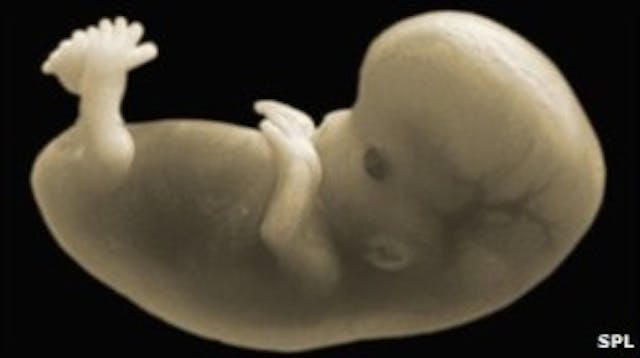
Those two experiences, combined with the presence of prayerful young men and women consistently stationed outside of the clinic, and a new friendship with a Catholic priest, were slowly beginning to alter Couri’s position on abortion. Yet, despite her cognitive dissonance, she continued to work at Planned Parenthood. She knew abortion was killing, but she struggled with the idea that she thought it was good for women and society.
“I didn’t really want to leave Planned Parenthood because I felt like I was the one engaging the important conversations. I felt like I would be a sell-out. But then I started seeing a spiritual director,” explains Couri, “She was very smart and she said it would be a good idea to leave [Planned Parenthood].”
So Couri made the difficult decision to resign and said goodbye to the co-workers and job she loved. She soon discovered that without that constant pro-choice presence in her daily life, she had the space to really think about the issue on a deeper level.
“It was a very private endeavor on my part in terms of trying to work it out,” explains Couri. “After a while I just intellectually decided that I couldn’t be pro-choice because if I was willing to say ‘It’s a baby,’ then it’s wrong – because it’s wrong to kill a baby.”
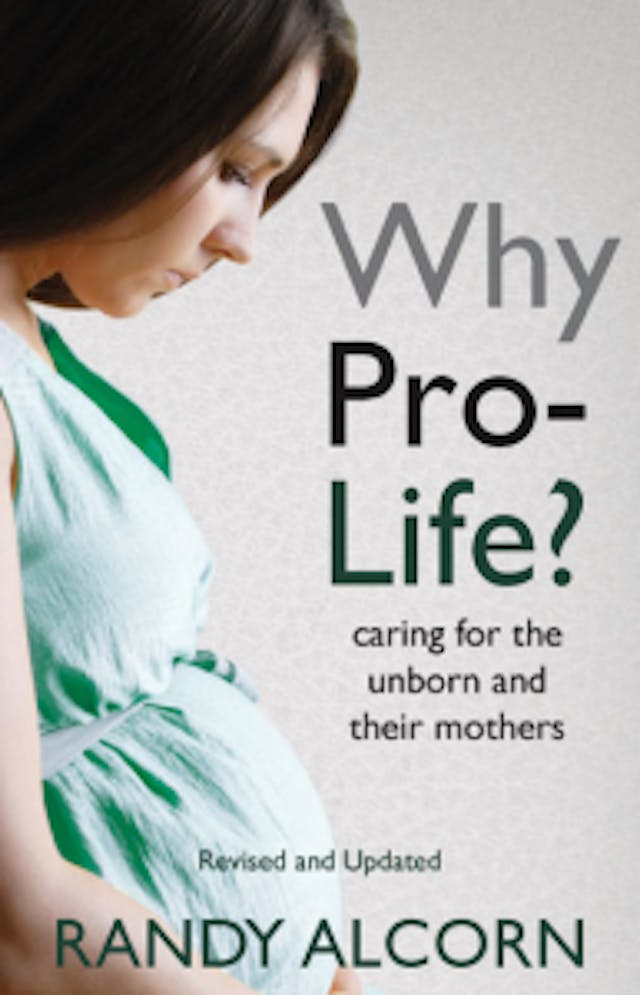
Afraid of being judged by her pro-choice friends and family as being “anti-women, non-compassionate, and intellectually dim,” Couri says becoming pro-life was a difficult choice to make.
“Life would be easier if I was pro-choice,” she admits, “because then I’d be [seen as] progressive in my thinking and intelligent. It’s hard. It’s the right thing to do. Do I enjoy it? No. All the different people from different areas of my life, they’re kind of knee-jerk pro-choice.”
While she has left Planned Parenthood for good, Couri is still surrounded by pro-choice friends and family. However, she now works at University of Saint Mary the Lake Mundelein Seminary as the Director of the Institute for Lay Formation. She also volunteers for the post-abortive support network Project Rachel, and gives pro-life talks called “The Choice Driven Life.”
“I do post-abortive healing work. The women that are coming to this group are the same women at daily Mass praying the rosary. There are 60-year-old women. Would you ever think that they had abortions? No,” says Couri. “Knowing you killed your baby is pretty hard to deal with, so you have to be sensitive to who the person is sitting in front of you.”
When reflecting on her years in the abortion industry and, in particular, that 16-year-old girl, Couri says she feels sorrow.
“I feel like I deceived her,” she explains. “I was the adult and she asked me a sincere question and I just, I did the wrong thing. I didn’t answer her question. … I wasn’t honest with her. I hid behind my cloak of authority and age. It was wrong. She deserved better than that.”
Couri refers to the fact that abortion is killing as “an awfully inconvenient truth.” But she is secure in the knowledge that she is right, that being pro-life is right, and she hopes to hear her friends say the same someday.
Live Action News is pro-life news and commentary from a pro-life perspective.
Contact editor@liveaction.org for questions, corrections, or if you are seeking permission to reprint any Live Action News content.
Guest Articles: To submit a guest article to Live Action News, email editor@liveaction.org with an attached Word document of 800-1000 words. Please also attach any photos relevant to your submission if applicable. If your submission is accepted for publication, you will be notified within three weeks. Guest articles are not compensated (see our Open License Agreement). Thank you for your interest in Live Action News!

Nancy Flanders
·
Politics
Cassy Cooke
·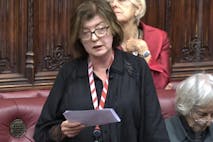
Guest Column
Right to Life UK
·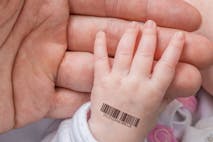
Issues
Angeline Tan
·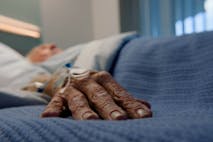
Issues
Bridget Sielicki
·
Issues
Nancy Flanders
·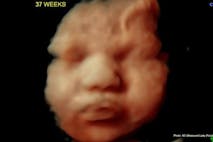
Politics
Nancy Flanders
·
Activism
Nancy Flanders
·
Issues
Nancy Flanders
·
Human Interest
Nancy Flanders
·
Investigative
Nancy Flanders
·